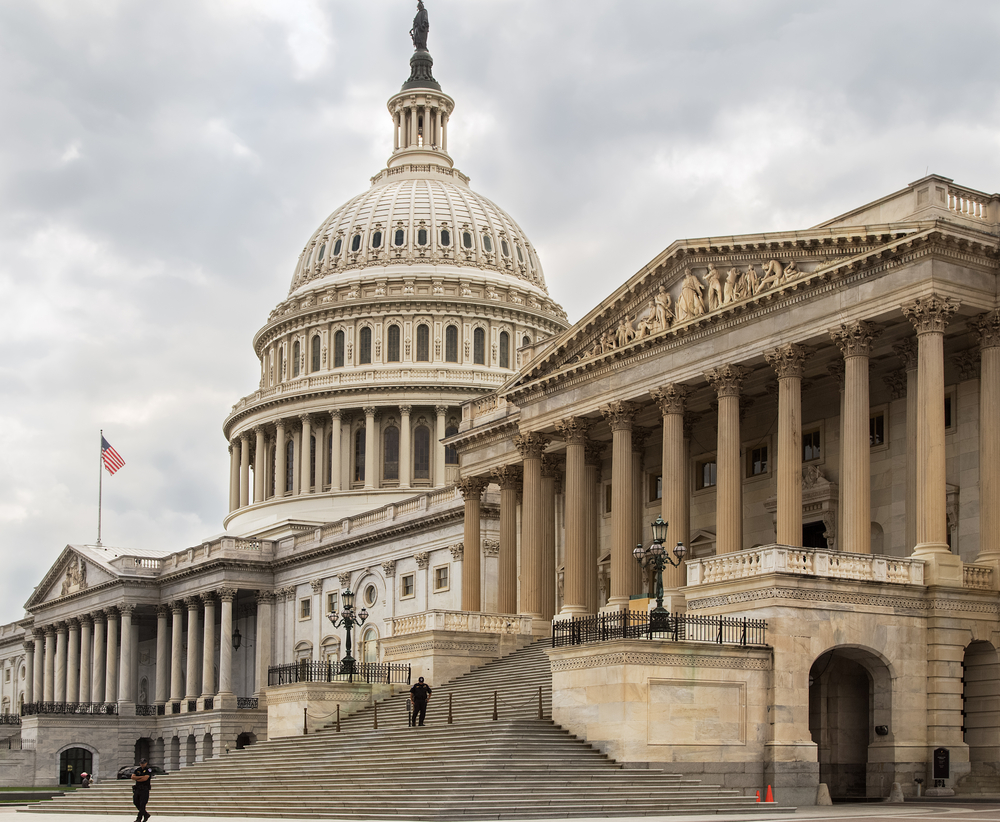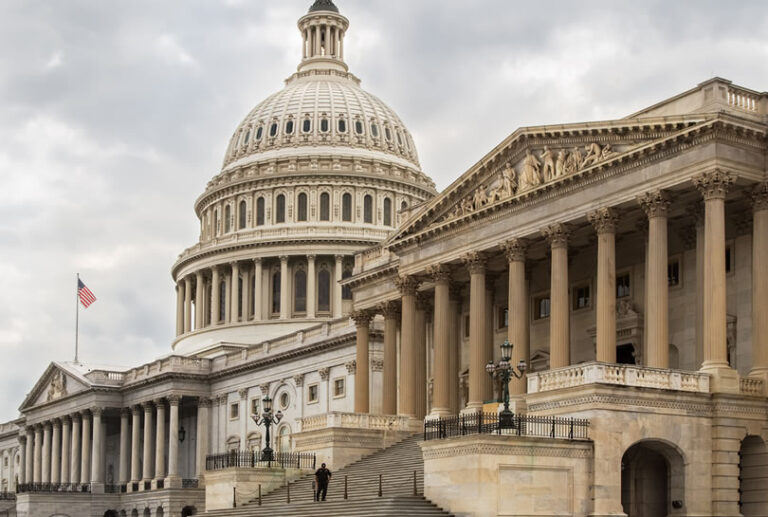By John Kamp, Coalition for Healthcare Communication Executive Director
May 11, 2017 – Although no one seems to like the new Trump/Ryan healthcare bill, House staffers now (finally) are preparing for the next big Republican effort – overhauling the tax system for both individuals and corporations. Like healthcare, everyone seems to agree that an overhaul is necessary, but the options for affecting change seem as controversial, scattered and disparate as they are with healthcare reform.
In theory, tax reform is very popular among life sciences companies, especially reductions in the tax rates and repatriation of oversees profits. To get there, the Republican House leaders are calling for a “border tax” on foreign-produced goods and a reduction or elimination of most corporate deductions.
The sketchy Trump plan released recently from the White House calls for a virtually unachievable 15-percent tax rate on corporations (unless the Republicans are willing to accept billions of dollars in deficit spending, a result they routinely abhor, at least during Democratic administrations). Most economists agree that a 15-percent rate (or more likely a rate in the mid-20s) is only achievable with a simultaneous elimination of longstanding tax deductions, including even mortgage interest, state taxes, investment expenses and the like.
Advertising and other marketing costs will be one of the traditional corporate deductions that will be on the auction block to pay for the reduction in the corporate tax rate. So far, while the deduction is in the mix, no tangible plan has emerged, The last time it arose in 2014, then-Congressman Dave Camp (R-Mich.) and former Sen. Max Baucus (D-Mont.) recommended cutting the marketing deduction in half, then deducting one half in the year expended and amortizing the other half over five or 10 years.
The Congressional Budget Office “scored” the Camp/Baucus plan to increase tax income to the government to $169 billion in the first 10 years. Others estimated that it would increase the average cost of marketing by 12 percent in just the first three years after enactment. Raising the cost of advertising reduces its ROI, inevitability reducing its use. The effect on marketing companies and media would be immediate.
Getting to the 15 percent tax-reduction goal likely would require an even sharper cut, the elimination of the deduction altogether. Ouch.
In practice, tax reform is going to be at least as tough, if not tougher, than healthcare. Don’t expect it to be wrapped up this summer as some hopeful Republicans suggest. It will take some time, probably most of the remainder of this year and into 2018.
Unsurprisingly, advertising and media organizations, including the Coalition for Healthcare Communication, will resist the elimination of the deduction. Indeed, the deduction arguably is more important to the ad groups than it is to the advertisers themselves, who desperately want the lower rate. In fact, some in the life sciences would forgo the marketing tax deduction for the lower rate.
Meanwhile, unless and until advertisers tell their organizations, including us, to stand down, the formidable The Advertising Coalition (TAC) will work to defeat the ad tax change. Indeed, TAC just this week is announcing a major effort to defeat the measure even before it is proposed.
At the urging of TAC, a bipartisan group of 124 Members in the U.S. House of Representatives wrote to Speaker Paul Ryan and Minority Leader Nancy Pelosi asking them to preserve the impact of advertising on the economy as Congress considers an overhaul of our nation’s tax laws (april-27-2017-yoder-engel-advertising-tax-deduction-letter-with-signatures2-c-c-c).
This congressional effort, led by Reps. Kevin Yoder (R-Kan.) and Eliot Engel (D-N.Y.), calls on House Leadership to maintain the current tax treatment of advertising as a fully and immediately deductible cost of doing business.
“We are grateful that so many Representatives in Congress have joined in this letter to acknowledge the important role advertising performs in our marketplace today,” Jim Davidson, Executive Director of TAC, said in a May 10 press release (press-release-124-members-of-the-u-s-house-of-representatives-have-signed-april-27-2017-c). “Advertising does so much more than sell goods and services. It keeps our radio stations, newspapers, websites, television and cable broadcasts running and provides open access to information.”
The House letter cited a study by the economic consulting firm IHS Economics and Country Risk, which finds that advertising supported 20 million U.S. jobs and $5.8 trillion in U.S. sales in 2014. The study also demonstrates that every dollar of advertising spending generates $19 of economic activity and that advertising contributes to 19 percent of the nation’s GDP.
The letter was perfectly timed to demonstrate that there is a wall of opposition to a new ad tax just as the discussions heat up in the House of Representatives.
Now the next major skirmish in the House begins. Watch this issue carefully and stand ready to respond to requests from us, through TAC, to communicate to your Member of Congress about the effects of such a tax change on your business. It’s going to be an interesting battle.
Stay tuned.




